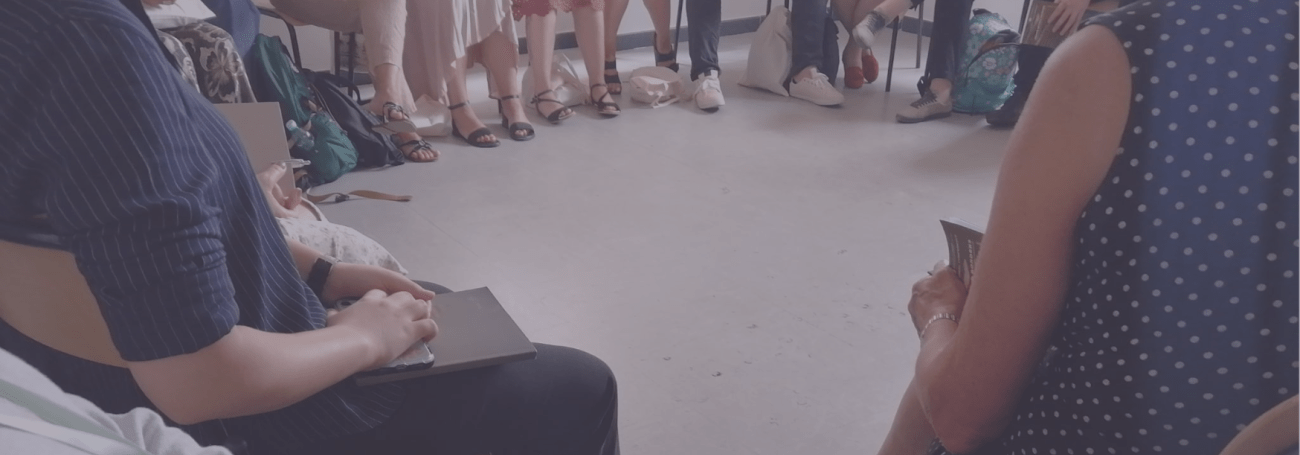
In the past years, about 100 members of the European Forum for Restorative Justice (EFRJ), thus at least 1 out of 4, actively contributed to one of the 4 Committees and 6 Working Groups of the EFRJ. We really appreciate their work, because in this way we receive constant updates from the field, better establish new cooperation, publish and disseminate new materials, and much more. The commitment and enthusiasm for these EFRJ members has a great value in further advancing the field and better promoting access to high quality restorative justice services in Europe, and beyond.
At the end of 2022, the mandates of these 10 groups are ending. The call to join the EFRJ Committees received quite some applications, and we are almost done with defining the final composition of each Committee. In the meantime, members were also invited to propose topics for new Working Groups.
We decided to continue the work already initiated by these Working Groups, in some cases with a slight change of focus of their work:
- Working Group on Restorative Cities;
- Working Group on Polarisation, Hate and Violent Extremism;
- Working Group on Restorative Schools;
- Working Group on Environmental Restorative Justice; and
- Working Group on Gender-Based Violence.
If you wish to join any of these Working Groups, please submit your application by 6 December 2022. In case you are too busy to commit now, no worries: these calls for members will be launched every two years!
Scroll down to read more about each of the 5 Working Group proposals.

